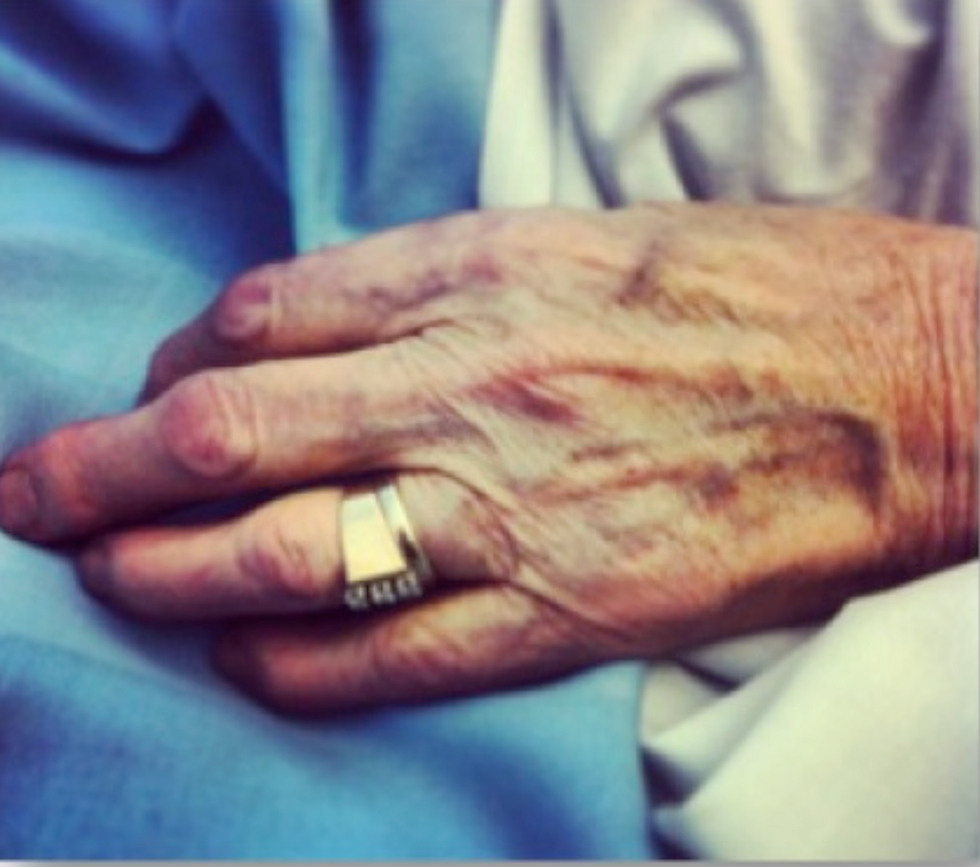Schools are reopening, but disabled children have been forgotten
- Sue Robins

- Sep 5, 2021
- 3 min read

ORIGINALLY PUBLISHED IN THE GLOBE AND MAIL
SEPTEMBER 2, 2021
Any parent who has rushed their child to the hospital as they struggled to breathe, hunched over with their lips turning blue, was understandably horrified when COVID-19 arrived at our doorstep.
My teenage son Aaron has Down syndrome. He’s had pneumonia several times, twice so severely that he was hospitalized. I never needed a study to know that he is at high-risk risk for hospitalization or death from COVID-19, but health policy decisions rely on statistics and studies, not the stories of mothers.
The first Canadian study about the effects of COVID-19 on people with developmental disabilities was published in July by Dr. Yona Lunsky in the Disability and Health Journal. It showed that for adults with Down syndrome, mortality rates were 6.59 times higher than those without intellectual and developmental disabilities.
This study validated our decision to pull Aaron out of in-person school in March, 2020, when the pandemic began brewing in Canada. He never went back to school, and immediately all his social supports – academics, extracurricular activities, therapies, athletics, respite care and youth workers – disappeared.
The public system has completely abandoned him and seemingly other children who are high risk, too. This includes, shockingly, the pediatric medical community. I waited for our local children’s hospital to make a comment about the terrible losses endured by children who were high-risk for COVID-19. There has been nothing but silence.
The irony is strong. Who occupies the rosters of pediatricians and fills the beds in children’s hospitals? Kids who are disabled and those who have chronic conditions, many of whom are high-risk for contracting and dying from COVID-19.
A recent Ontario COVID-19 Science Advisory Table report written by medical experts, including those at children’s hospitals such as SickKids, outlines guidance for a return to in-person school. The 12,000-word document mentions the word disability twice. A short section does insist that the return to in-person school be inclusive of students like Aaron.
The reality is that public schools across most of Canada have weak policies on mandatory masking, class sizes and proper ventilation. There is little to no consideration of families like ours, who know schools are unsafe for our children. When even one child is being excluded, then the inclusion movement has failed.
This fall, thousands of students who are at high-risk of harm from COVID-19 will re-enter unsafe schools. Those under 12 are particularly susceptible as they will be unvaccinated. Add this to recent emerging studies on increased Delta variant risks, and it seems likely we will be forced to accept substandard online education – if it is even offered – as we did in 2020.
How many students in B.C. with high-risk medical conditions have been learning at home? If there’s an official number, I haven’t seen it. As the saying goes, if you don’t count people, they don’t count.
This lack of counting leads to poor services. Where is the respite care, therapies and mental health support for students at home? Many caregivers – mostly mothers, like me – have had no choice but to leave the paid work force to look after our children. Where is the recognition of this loss? Not a peep – no phone calls to check on our family’s mental health and no offers of support.
In British Columbia, a group of physicians published an open letter, insisting that “schools remained safely open in the second and third waves to fulfill their essential function in the intellectual and social growth of students.”
The signatories included pediatricians who work with disabled children. Again, there was no mention of children like my son. Perhaps they feel that schools are safe for their own kids and that’s what matters most?
This is how you marginalize people. By purposely excluding disabled kids, our society renders them invisible and forgotten.
Finally, in April, 2021 – a full year after the pandemic began – a public health official recognized children who are high-risk. Bonnie Henry, B.C.’s provincial health officer, broke her own silence on high-risk children when she made an announcement about the youngest person to die of COVID-19 in the province.
“Although this child had pre-existing health conditions that complicated their illness, it was the virus that caused their death,” Dr. Henry said.
She acknowledged this child in death but not in life.
My disabled son is learning a painful lesson about betrayal from COVID-19: many of the people who are supposed to care for you – including many of our pediatricians and health officials – can forget about you all too easily.

Are you interested in keeping in touch and receiving occasional emails direct from Sue? Subscribe to her email list today.




Comments